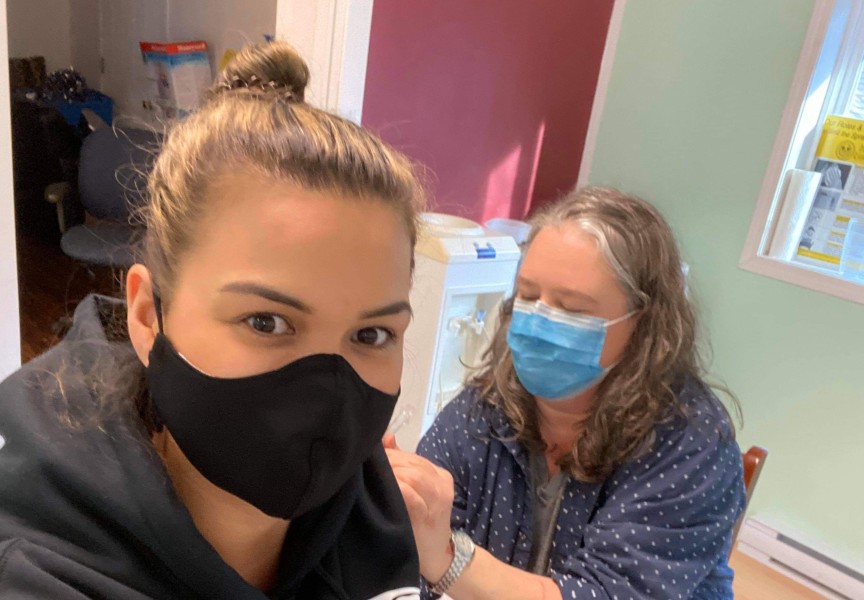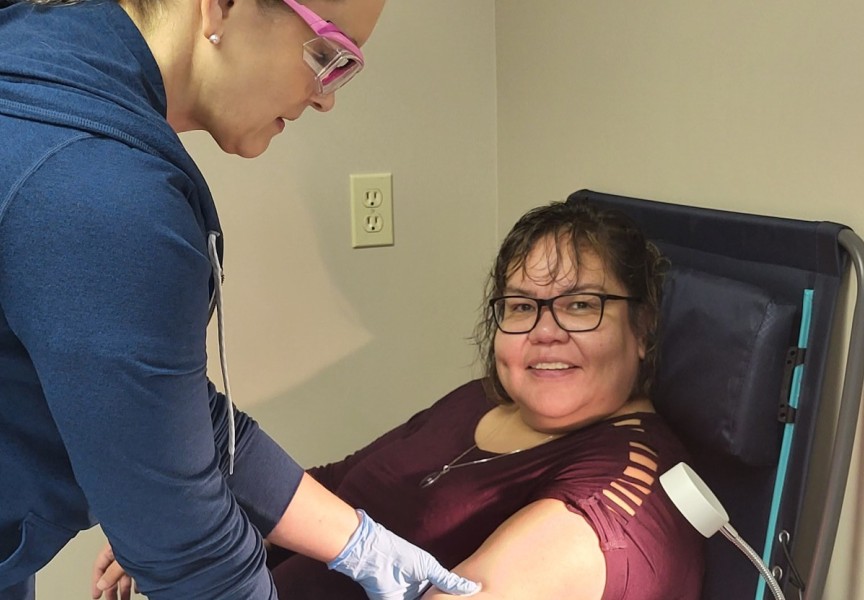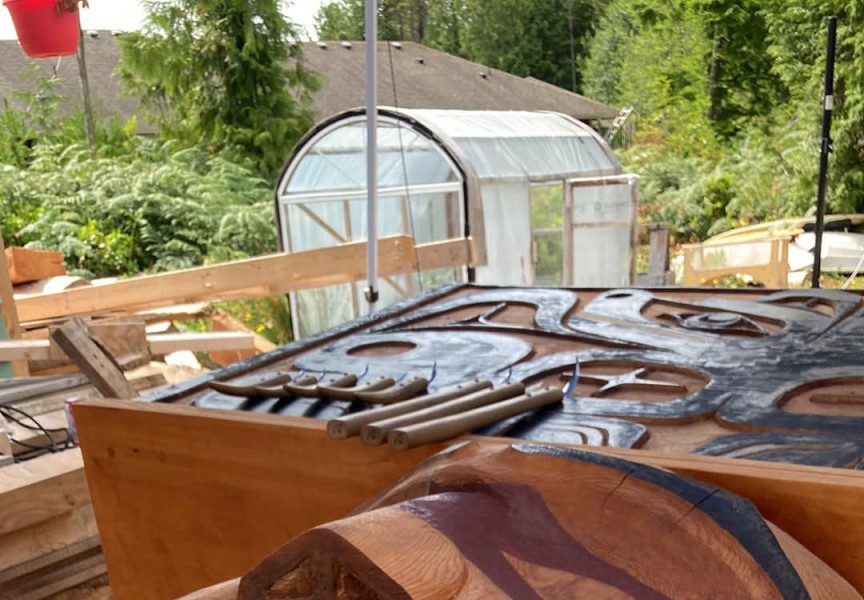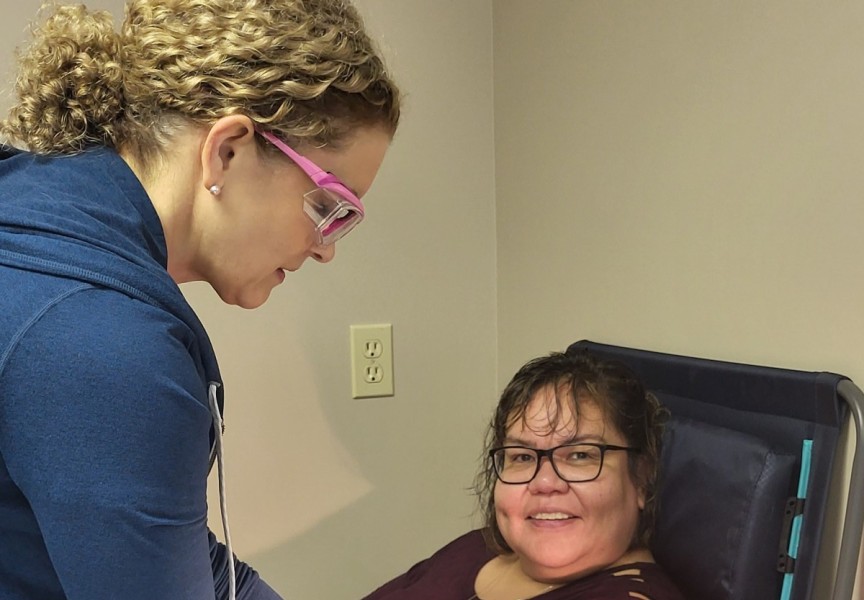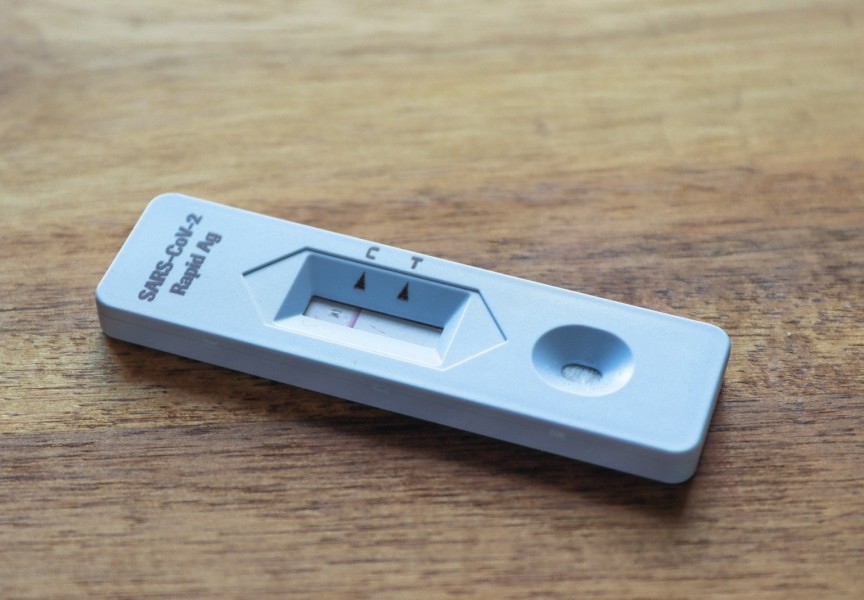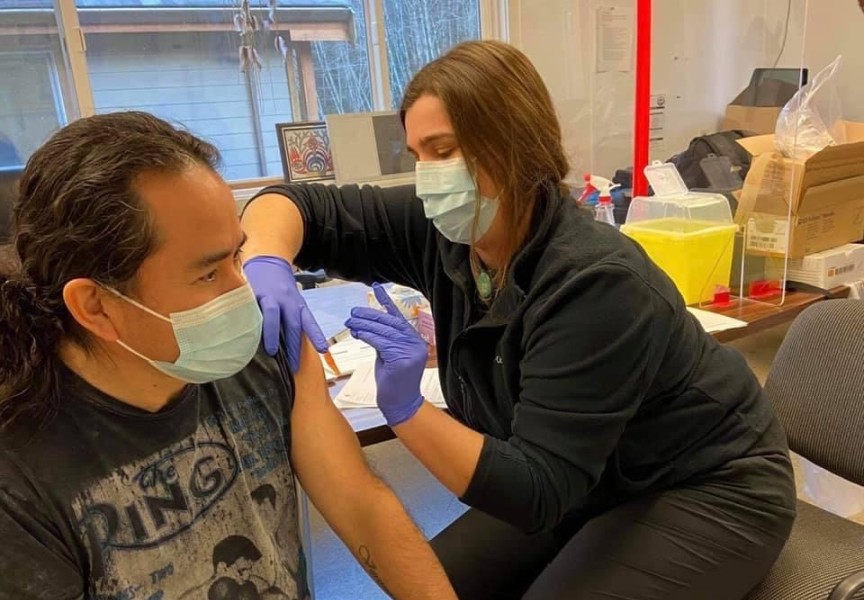Today the Information and Privacy Commissioner for British Columbia rejected an argument for the province to share more COVID-19 data with Indigenous governments.
Issued by Michael McEvoy, who heads the independent body which protects the public’s information and privacy rights, the decision highlights the failure of the province to honour government-to-government cooperation with First Nations, says a coalition that launched the request in mid-September.
“We are angry and disappointed by today’s ruling, which will continue to allow the Ministry of Health to withhold the life-saving information we have been requesting since the CVOID-19 pandemic began,” reads a statement from the Nuu-chah-nulth Tribal Council, Tsilhqot’in National Government and Heiltsuk Nation. “The situation is more urgent than ever given the exponential jump in infections, hospitalisations and deaths that are occurring to Indigenous peoples.”
McEvoy’s Dec. 17 decision serves as a setback in an ongoing battle for First Nations to take a larger role in controlling coronavirus infection in their communities. The coalition has asked for information on the location of cases near their villages, whether the infected people have travelled to First Nation communities within the previous 14 days and the name of a person with COVID-19 if they are a member of one of the nations.
Disclosure of a member’s identify is necessary for effective contact tracing within First Nations, argues the coalition. For several months the NTC has pushed to have two local contact tracers for each of its 14 member nations, but the B.C. Ministry of Health has yet to give over this much control, said Judith Sayers, the tribal council’s president.
“We wanted to take over jurisdiction when [confirmed cases] came into the community,” she said, “because we know everybody, but we’re not getting that kind of cooperation necessarily.”
Sayers admitted she was surprised that the commissioner didn’t support the request to share more specific COVID data with the First Nations. In its argument the coalition cited Section 25 of B.C.’s Freedom of Information and Protection of Privacy Act, which requires a public body to, “without delay, disclose to the public, to an affected group of people or to an applicant…information about a risk of significant harm to the environment or to the health or safety of the public or a group of people.”
In his decision McEvoy determined that the Ministry of Health’s responsibility under the Public Health Act does not override FIPPA, but that “sufficient information is already available on COVID-19 cases to enable the public, and the complainant governments, to take steps to avoid or mitigate the risks connected with COVID-19.”
The Ministry of Health regularly announces case counts for each health region, with information separated into Island Health’s mid, central and north areas, but this isn’t enough for First Nations to better protect their citizens, stressed Sayers.
“As a government, we have to make these decisions,” she said. “We can’t make the decisions we need to without having all of the information that the B.C. government has and won’t share with us.”
The pandemic’s second wave of has affected remote Nuu-chah-nulth communities from Anacla to Ehatis, with the latest cluster announced in the Huu-ay-aht community on Wednesday (Dec. 16).
“The family affected is in quarantine and doing well,” stated the Huu-ay-aht First Nations regarding the small group infected in Anacla.
The coalition has used a recent report on discrimination in the health care system to back its argument, which shows that First Nations were infected with COVID-19 at a rate 80 per cent higher than the rest of B.C.’s population.
“Indigenous governments are not recognized as full partners in the response, and proper data sharing, information systems and system governance does not promote routine collaborative work with Indigenous peoples’ governments and representatives,” states the report from investigator Mary Ellen Turpel-Lafond.
In the ministry’s defence, Provincial Health Officer Bonnie Henry argued that identifying individuals and communities risks them being “stigmatized because of perceptions that they are disease carriers,” thereby dissuading others from reporting their infection, summarized the commissioner’s decision.
Henry cited when this occurred to Hutterite colonies in Manitoba, which prompted the prairie province’s chief health officer to stop releasing community-level COVID reports.
But by keeping this information within the ministry, the provincial government is steering away from the obligation to recognise First Nations’ right to self determination, whish is set forth in the Declaration of the Right of Indigenous People’s Act, said Sayers.
“My greatest fear is the increase in our communities and our ability to handle it,” she said. “Why do we even try to use these colonial systems that don’t work? They never have and they never will.”


